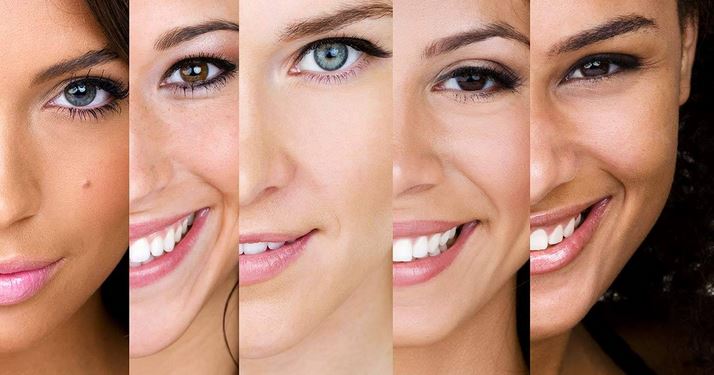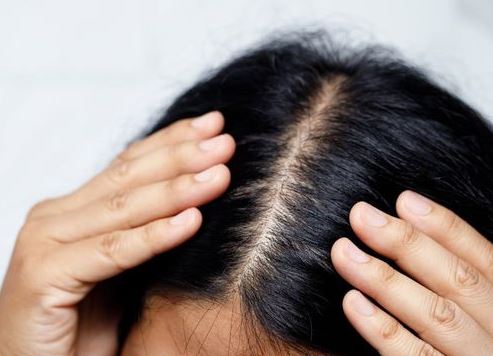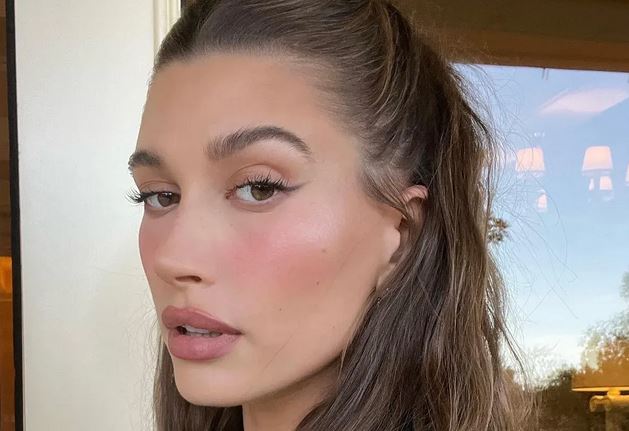Skincare routine essentials for every skin type | |

| |
Maintaining a proper skincare routine is essential for healthy, radiant skin. However, with the abundance of skincare products available, it can be overwhelming to determine which ones are best suited for your skin type. Whether you have dry, oily, combination, or sensitive skin, this article will guide you through the essential skincare steps and products tailored to your specific needs. By incorporating these essentials into your daily routine, you can achieve a glowing complexion and address any skin concerns you may have. 1. Understanding Your Skin TypeBefore building your skincare routine, it's crucial to understand your skin type. The four main skin types are dry, oily, combination, and sensitive. Each type has its unique characteristics and requires specific care and attention. Knowing your skin type will help you choose the right products and treatments that cater to your skin's needs. 2. Cleansing for a Fresh StartCleansing is the foundation of any skincare routine. Regardless of your skin type, cleansing helps remove dirt, oil, impurities, and makeup that accumulate on the skin's surface. Use a gentle cleanser formulated for your skin type to avoid stripping away essential moisture. Dry skin benefits from cream or oil-based cleansers, while foaming or gel cleansers work well for oily skin. 3. Exfoliation for a Smooth ComplexionExfoliation is essential to slough off dead skin cells, promote cell turnover, and reveal a fresh, radiant complexion. However, the frequency of exfoliation varies depending on your skin type. Dry and sensitive skin types should opt for gentle exfoliants like chemical exfoliants (such as AHAs or BHAs) or mild physical exfoliants. Oily and combination skin types can benefit from slightly more frequent exfoliation with products that contain salicylic acid or gentle scrubs. 4. Hydration and MoisturizationHydration is vital for all skin types, as it helps maintain skin health and prevent moisture loss. Look for lightweight, non-comedogenic moisturizers that provide hydration without clogging pores. Dry skin types may benefit from richer, cream-based moisturizers, while oil-free or gel moisturizers are ideal for oily skin. Combination skin types can opt for different textures for different areas of the face to address specific needs. 5. Targeted Treatments for Specific ConcernsAddressing specific skin concerns requires targeted treatments. Whether you're dealing with acne, hyperpigmentation, aging, or sensitivity, incorporating targeted products can help address these issues. Look for serums, essences, or treatments that contain active ingredients like retinol, vitamin C, hyaluronic acid, or niacinamide, depending on your specific concerns. 6. Sun Protection for Skin HealthSun protection is crucial for maintaining healthy skin and preventing premature aging. Regardless of your skin type, using a broad-spectrum sunscreen with at least SPF 30 should be a non-negotiable step in your skincare routine. Look for lightweight, non-greasy formulas that won't clog pores or leave a white cast. 7. Customizing Your Skincare RoutineWhile the core steps mentioned above are essential for every skincare routine, customizing your routine based on your skin type and individual needs is key. You can incorporate additional products like toners, face masks, or eye creams to address specific concerns or provide extra nourishment. Remember to introduce new products gradually and patch test to ensure compatibility with your skin. 8. ConclusionAchieving healthy, glowing skin starts with a consistent skincare routine tailored to your skin type. Understanding your skin's unique needs allows you to select the right products and treatments. By following the essential steps of cleansing, exfoliation, hydration, targeted treatments, and sun protection, you can nurture your skin and address specific concerns effectively. Remember, consistency and patience are key in achieving and maintaining beautiful skin. FAQs1. Can I use the same skincare products for different skin types? It's generally recommended to choose products formulated specifically for your skin type. However, some products, such as gentle cleansers or certain moisturizers, may work for multiple skin types. It's best to assess the ingredients and consider your skin's specific needs before using a product meant for a different skin type. 2. How often should I exfoliate my skin? The frequency of exfoliation depends on your skin type and the product you're using. For most skin types, exfoliating once or twice a week is sufficient. However, individuals with sensitive skin should opt for gentler exfoliation and reduce frequency as needed. 3. Is it necessary to use a moisturizer if I have oily skin? Yes, even oily skin needs moisturization. Look for lightweight, oil-free moisturizers that provide hydration without clogging pores. Skipping moisturizer can actually trigger excess oil production as the skin tries to compensate for the lack of hydration. 4. Can I skip sunscreen on cloudy days? Sunscreen should be used daily, regardless of the weather conditions. UV rays can penetrate through clouds and cause skin damage even on cloudy days. It's important to protect your skin by applying sunscreen as the final step in your skincare routine. 5. When should I expect to see results from my skincare routine? Results may vary depending on individual factors and the specific concerns you're addressing. Generally, it takes several weeks to notice significant improvements in the skin. Consistency is key, so stick to your routine and give it time to work before expecting visible changes. | |
| Category: Skin Care | |
| Total comments: 0 | |









